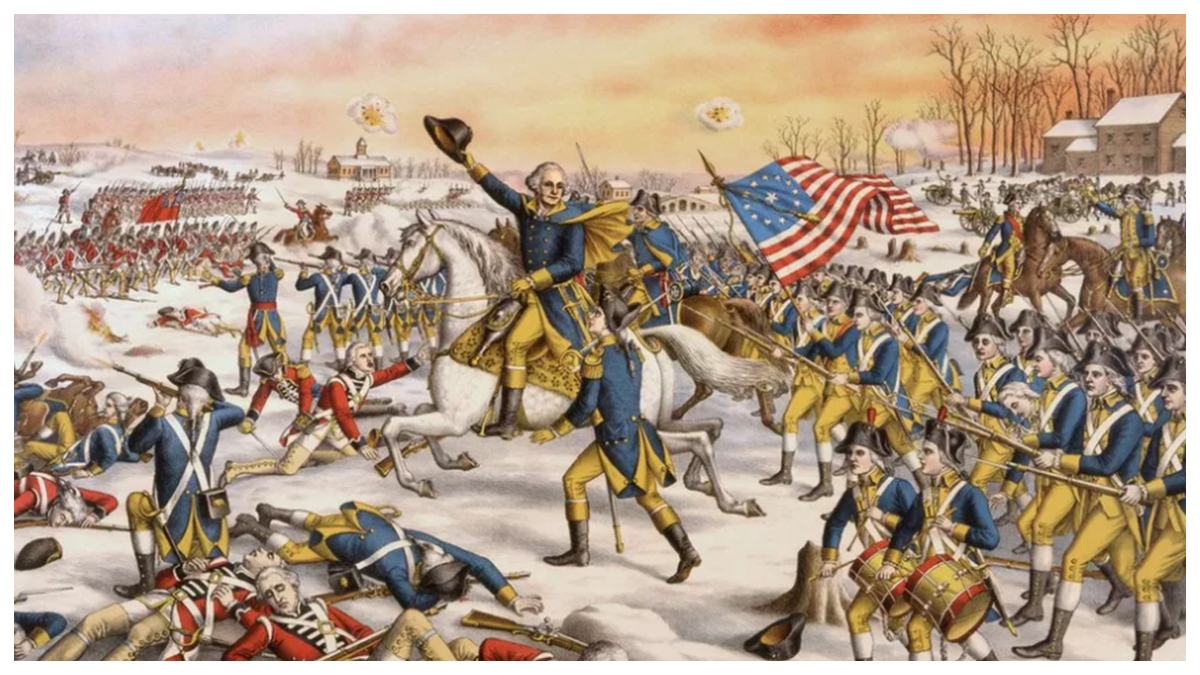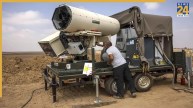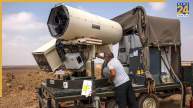The blanket of fog often becomes a cause of various unfortunate incidents. However, in American history, dense fog saved the lives of 9,000 American soldiers. This incident is related to the American Revolution. In 1776, George Washington’s army was surrounded by the British Army from all sides. It was at this moment that fate and weather took a turn, changing the outcome of the battle. The American Revolution began in 1765 when Britain was imposing unjust taxes on the American colonies.
Colonists strongly opposed this and demanded – no taxation without representation. This meant that the committee making laws for the people of America should also have representation from the people of America. This led to the beginning of the American Revolution, which lasted until 1783.
Battle of Long Island
In August 1776, the Continental Army and the British Army faced each other in Brooklyn. The Continental Army represented the thirteen colonies of America and later became the army representing the United States of America. Its formation was authorized by a resolution passed in the Second Continental Congress in 1775. On the other hand, the British Army was one of the most powerful armies of that time. The Battle of Brooklyn proved to be decisive and is also known as the Battle of Long Island and the Battle of Brooklyn Heights.
As part of the campaign to seize control of New York, the British Army reached Long Island on August 27, 1776. Here, they encountered the Continental Army of America. The British Army launched a direct attack on the American forces on two fronts. Meanwhile, the third segment of about 10,000 British soldiers attacked the Americans from behind to completely defeat them.
Facing this assault by Britain, the American army could not hold on for long. When the Continental Army was almost completely surrounded, the only escape route left was to cross the river. George Washington, leading the Continental Army, gave the order to the entire army to cross the river and move to Manhattan.
Britain had hoped that after this devastating attack, America would surrender. If the Americans tried to escape, the British planned to block their path with ships. However, due to a shift in the wind, Britain’s ships could not arrive in time for assistance. This turn of events allowed George Washington to secretly evacuate 9,000 people safely at night, providing him with the opportunity to continue the fight.
Also Read: Hamas Militants Attack Soldiers In School Housing Civilians
The British had anticipated that the Americans might attempt to flee, and they intended to block their route with ships. However, the wind direction changed in a way that Britain’s ships, intended to arrive in time for assistance, were unable to reach. In the midst of rain and darkness, George Washington’s division found an opportunity to cross the East River safely. Nevertheless, a significant portion of the army remained in Brooklyn until morning. If these troops had not crossed the river, they would have been defeated. The death of so many people would have been a significant setback for the American Revolution.
Fortune favored the American army. On August 30, a thick fog descended on the East River. This fog concealed the retreating Continental Army from the English forces while they crossed the river. As soon as the fog lifted, the British were astonished to learn that the Continental Army had already crossed.
In the Battle of Brooklyn, the Americans suffered a loss of 1,000 soldiers, while the British had a casualty count of 400. On September 15, the British army succeeded in capturing New York. If the Continental Army had been captured in that battle, the outcome of the American Revolution could have been different. Due to Washington’s potential defeat, his entire army might have surrendered. However, the cover provided by the fog allowed them to escape and continue the fight.













